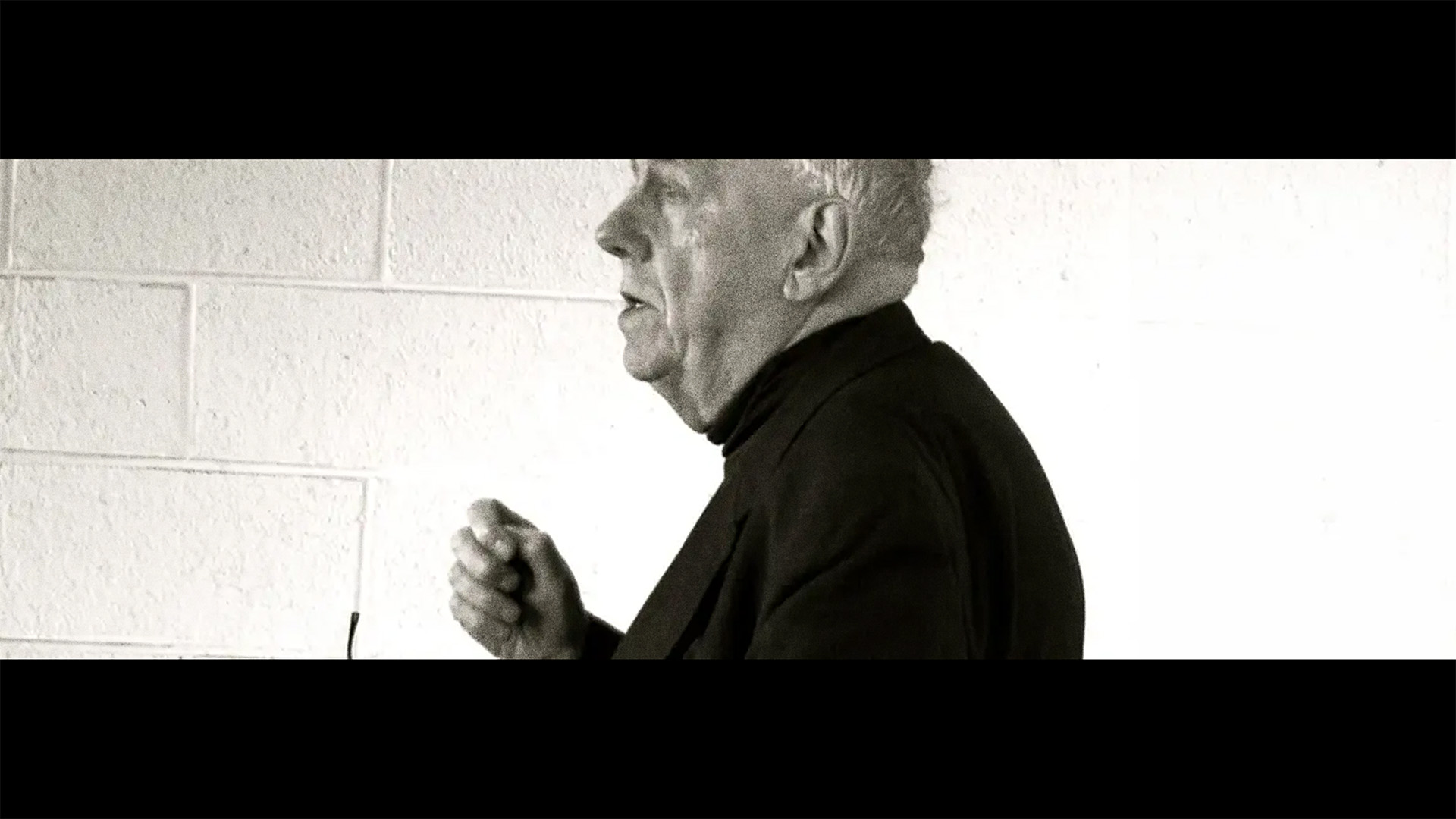Matthew d’Ancona’s “The new Europe” (TNE #437) was a wonderful piece. But on the question of why the continent “has failed so miserably to nurture tech start-ups”:
The reason there is no European Google or Amazon is primarily down to fragmented capital markets. The EU still does not have a proper single market in services. It is simply more expensive and more time-consuming to assemble sufficient capital in Europe than it is in America. The companies that pop up in Europe are almost always immediately bought by the American giants.
To set up a single market in services would require some fiscal transfer, and that would mean an EU Treasury, selling EU bonds, and thus some sort of fiscal union.
That really is knocking on the door of a federal structure – which I would go for, but I doubt many would right now.
RSP Zatzen
Re: Paul Mason’s “From tariffs to bonds, a new crisis is looming” (TNE #437). We must make a real change in how revenues are raised by changing what is taxed.
A land tax would be a good start. How about utilities infrastructure being taxed so much per metre per cable and pipe? And make high-street retailers’ premises rate free to compete with online retailers whose huge warehouses should be paying much more tax.
Maxwell Penfold
Labour may speak as if it believes in an investment-led economy and the sanity of an active state, but it has sacrificed its collective soul on the altar of neoliberalism. The government has kept in place the key elements of the economic policy it inherited from the Tories, including staying out of the EU and not introducing taxes on the rich.
As Paul Mason writes, without forcing the rich to pay more or reversing the disaster of Brexit, Labour stands little chance of improving the lives of ordinary working people, and Reform will romp to victory in 2029. Nobody in the Labour Party seems to be able to see the unfolding disaster.
Mark Grahame
Re: Talk of political mergers (Letters, TNE #437). There could never be a Conservative and Reform Party, if only because of the acronym. One could argue, of course, that transposing two of the letters might be more accurate.
Richard Dennery
Buckingham, Bucks
Nigel Warburton (“On starvation”, TNE #437) presents the argument that because there is so much evil in the world, a good God like the one Christians believe in cannot exist. I myself do not believe in a God, but this so-called “problem of evil” argument is not a reason to stop believing in God.
Warburton questions the idea of God’s great plan for us, saying all this suffering is too much, that someone who can part the sea can also save the thousands of starving children.
Conversely, the answer to this is that it is the way humans learn, the way we get better, become more loving. Is it worth the price? Yes. It is part of the beautiful and tragic story of humanity.
Graham Allen
Rather than “atheist”, I much prefer the late Christopher Hitchens’ term “anti-theist”, because virtually every conflict in the world has its roots in religion.
David Isaacs
I enjoyed “Breathless with admiration” (TNE #437), Jason Solomons’s enthusiastic article on Linklater’s upcoming Nouvelle Vague and the film that inspired it, Godard’s A bout de souffle (1960).
I first saw the latter film in its entirety at the 2010 Berlinale, where it was introduced by the venerable film critic and historian David Thomson. In early middle age it reawakened the long-dormant cinephile in me after I had lost interest when I was around 20.
My favourite film about Paris, cinema and “youthful arrogance” is Bertolucci’s The Dreamers (2003). Set during the upheavals of May 1968, it cites A bout de souffle and many of the classic films that it influenced. I look forward to watching Nouvelle Vague, and indeed, Jason Solomons’s own upcoming film.
Will Goble
Rayleigh, Essex
Re: “Universities challenged” (TNE #437). James Ball’s thought-provoking assessment prompted me to note that since Thatcher, the word “university” has become the universal term for higher education. Likewise vocational FE (further education) provision is completely obscured by an A-level driven agenda which only recognises school sixth forms or sixth form colleges.
It got me to thinking. Every city appears to have two universities and very town has an FE college. Why not reverse underfunding for vocational training and the destruction of adult eduction by placing vocational colleges at the heart of a policy for reskilling the nation.
Here comes the radical idea. Turn half our universities into an institution dedicated to a whole variety of technical subjects. To reflect this we could call them Poly Technical Higher Education Institutions, or Polytechnics for short.
Catchy, eh? It has a strangely familiar ring to it.
Paul Stein
Pickering
Re: “Why language is child’s play” (TNE #437). Peter Trudgill’s article reminded me of a fiasco from my past.
Having attended a London technical school with no language teachers, I was 33 years old when my wife taught me some French phrases while on a two-day drive through France.
When we stopped for funds, I felt sufficiently emboldened to make a request in French to bank staff, though feared a reply too fast for me to understand. The reply was in English in a French accent. I didn’t understand a word of it!
John Treble
Re: “Indefensible” (TNE #436) and Alastair Campbell’s Diary in the same issue. It is an insult to the men and women of the IDF to suggest or hint at suggesting that they are committing genocide or would do so against the people of Gaza.
My understanding of “genocide” in international law is that it involves the deliberate killing of a person or persons with a view to and intent of exterminating the group of people to whom that person or persons belongs in the mind of the killer. The only act of genocide in Gaza was committed on October 7, 2023 by Hamas members and associates against the people of Israel.
That is clear as the Hamas constitution includes the express intention to destroy the people of Israel, and subsequent to the October 7 massacre, Hamas spokesmen made it clear that they intended indefinite repetitions of that action until that goal had been achieved.
The numbers killed are not determinative of whether actions carried out are genocidal or not.
Bill MacDonald
Bonnyrigg, Edinburgh

BELOW THE LINE
You make Nigel Farage Liar of the Week (TNE #437) for saying he has not been on holiday for three years. To be fair, his many luxury trips to the USA shouldn’t count, as Nigel regards the UK as the 51st state.
Tony Jones
MPs should be fined if they go on holiday during term time, just like our kids.
Andy Wright
I was amused by Rats in a Sack’s story about the Telegraph’s missing and perhaps made-up family struggling by on £345K because of the private-school VAT hike (TNE #437). If only the Telegraph’s leader writers knew you can’t charge VAT on education in the EU, it could be the start of a campaign…Christopher Harrison
Re: “Prisoners of circumstance” by Patience Wheatcroft (TNE #437). The entire system needs overhauling from arrest to sentence passed! The number of laws that have been passed and the constant alteration to sentencing recommendations are a constant bewilderment to both the judiciary and the public. We have far too many. We should take a leaf out of the Scandinavian model where only violent criminals, murderers, rapists and child abusers get locked up.
Adam Primhak



